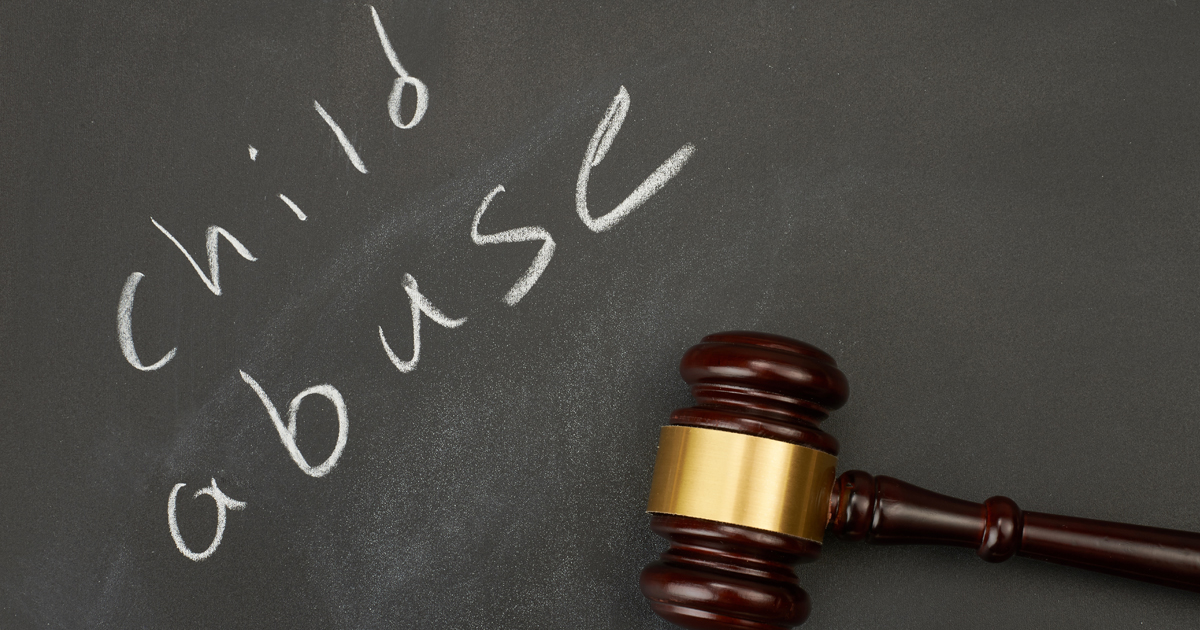Corporal punishment may have once been a common mode of discipline across households in Singapore, but it is increasingly being frowned upon, especially as the leakage of such acts on social media has triggered waves of public outrage.
The law supports the authority of a parent to inflict reasonable discipline on his or her child, including some degree of physical punishment. This is reflected in section 64 of the Women’s Charter which excludes force that is “lawfully used…by way of correction towards a child below 21 years of age” from the definition of “family violence”.
At the same time, the law has imposed limits on such parental authority. According to Prof Leong Wai Kum, “lawful correction of a child must be to teach discipline with a measure of good sense and must always be exercised for the benefit of the child. If the circumstances suggest that the act was prompted more by a need of the person to impose [his or] her power over the child rather than for the child’s benefit, this ‘exception’ may not hold so that the conduct may not be ‘correction towards a child’ but will instead be an act of family violence”. The Singapore courts have rendered some more serious acts (eg, punching) as automatically unlawful, while lesser forms of injury have been assessed by considering the frequency, severity, and what a reasonable parent would have done in the same situation.
READ MORE: Your Child and The Law
In fact, under the Children and Young Persons Act (CYPA), it is an offense for any person who has the custody, charge or care of a child or young person to “ill-treat” him or her. Any form of ill-treatment is unacceptable even if the act was done with a good intention of correcting misbehavior. This definition of “ill-treatment” extends beyond the physical well-being of the child and includes the child’s mental and emotional needs. Some examples of emotional injury include “terrorising a child, rejecting or degrading a child, isolating, exploiting or corrupting a child”, as well as depression and anxiety.
Indeed, it is difficult to draw a clear and meaningful line between discipline and child abuse. Perhaps for a start, a simple question to ask is whether the act would put the child in danger, either immediately or in the long-run. Should you require further advice on what constitutes child abuse and how the law protects your child, feel free to consult our family lawyers who can help to assess your situation and address your concerns.












